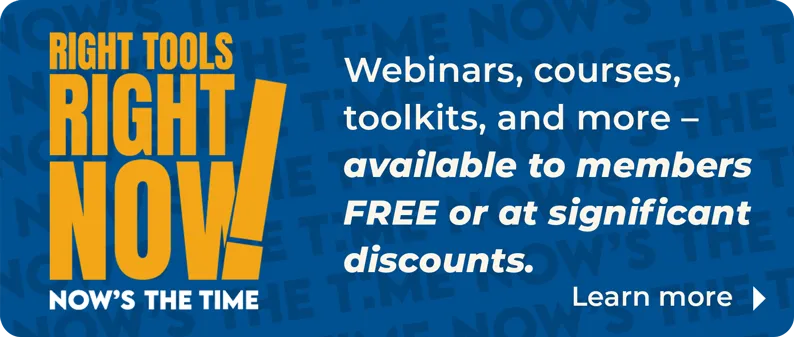The rise of live streaming is changing the way people consume video, and it’s providing marketers with a new forum to creatively engage with customers.
“Live streaming will help you enable meaningful interactions,” says Shawn Silverman, director of social media marketing at Twitch, a video platform for gamers. A half-million monthly concurrent viewers collectively consumed 555,000 years worth of live streaming video on Twitch in 2016. “This is where you want to be and you want to take your brand,” adds Silverman, who was a copresenter during a recent Adweek webinar on live-streaming best practices.
So what does this mean when it comes to your brokerage’s marketing? Live video is in your future.
Over the last five years, platforms such as Snapchat, Periscope, Vine, and, more recently, Facebook, Instagram, and Twitter, are having a startling effect on broadcast and video content. Nearly 50 percent of U.S. households now have access to streaming video, according to Brian Foley, vice president of global accounts at Spredfast, an enterprise social media marketing platform.
Meanwhile, traditional television viewing has decreased significantly for audiences ages 49 and younger, Foley says. Over the past five years, daily TV viewing time dipped 37.6 percent among teens and young millennials, 27.7 percent among 25- to 34-year-olds, and 11.6 percent among Generation X members. Most baby boomers’ TV viewing habits have remained consistent, but those 65 and older have increased their television consumption by 7 percent.
While having a solid understanding of your audience is critical in any form of content strategy, it’s especially important when your brand is being represented in front of the camera. Some questions you’ll want to ask yourself: Who do you want to reach with your live videos? Where are they and what channels or platforms do they respond to? When these people engage with your content, what drives that behavior? What actions do those engagements lead to?
You’ll need to shift your mindset from a marketer to a broadcaster, which requires you to think about captivating your audience, says Jill Sherman, senior vice president of social strategy at DigitasLBi, a global marketing and technology agency. “You have to fit into the live-stream space without coming off as pushy or unauthentic,” she says.
Create live video content that’s a natural fit for your company and is meaningful as well as entertaining for your audience, whether that’s providing information or education, a news item, a passion point, community or sporting events, and more.
Here are 10 tips from Sherman for producing a quality live video.
- Be ready the second you go live because many platforms take your opening shot as the still or thumbnail for the video after it’s saved or archived. Stay fixed on a shot with the thought that the image will live on long after you’ve published.
- While presenting something live, never move out of the shot or screen. You never want dead space, or you’ll immediately lose viewers.
- You don’t have to produce perfectly scripted entertainment, but it does need context. Use a loose script and keep the video moving along.
- Live video comes with the risk of doing something hilarious or embarrassing for everyone to see. Secure the area where you’re shooting so you don’t have an “oops” moment. Have a cutaway plan in case something appears in your shot that’s unexpected. Make sure you’re not fumbling or caught off-guard.
- If you’re talking with another person on air, keep the conversation moving. Sometimes a person can freeze or struggle with a question. Embrace the role of being the host and relieve your guest in those moments.
- Your broadcast title matters. Make sure the first few words in the title of your video are the most interesting because that’s what will show up in your audience’s feed.
- Don’t always go with the vertical orientation. Simply turning your camera or phone horizontally for a wider shot makes all the difference.
- Some platforms allow you to add branding, such as Periscope. The Facebook Live API also allows integrated branded content and filters. Think about how that can help you better engage the audience.
- Remember to promote your live stream both before and after the event to all your social channels.
- Decide what your goals are in terms of engagement and how you’re going to measure the success of your live videos. Is it the number of viewers, a specific engagement from your audience, or a call to action?
When the day of your live shoot comes, follow Sherman’s checklist before going live to make sure you’re fully prepared:
- People you’ll need: comments moderator, content publisher, talent backup, and host.
- Test the Wi-Fi hotspot if you’re in the field.
- Bring a backup battery and phone, and have a backup idea for content in case something goes wrong.
- Scout a location first to make sure it’s secure. You don’t want anyone walking into your shot.
- Find out if you need permission to shoot (including from the homeowner if you’re going live at a listing).
Broker-to-Broker is an information network that provides insights and tools with business value through timely articles, videos, Q&As, and sales meeting tips for brokerage owners and managers. Get more Broker-to-Broker content here.








